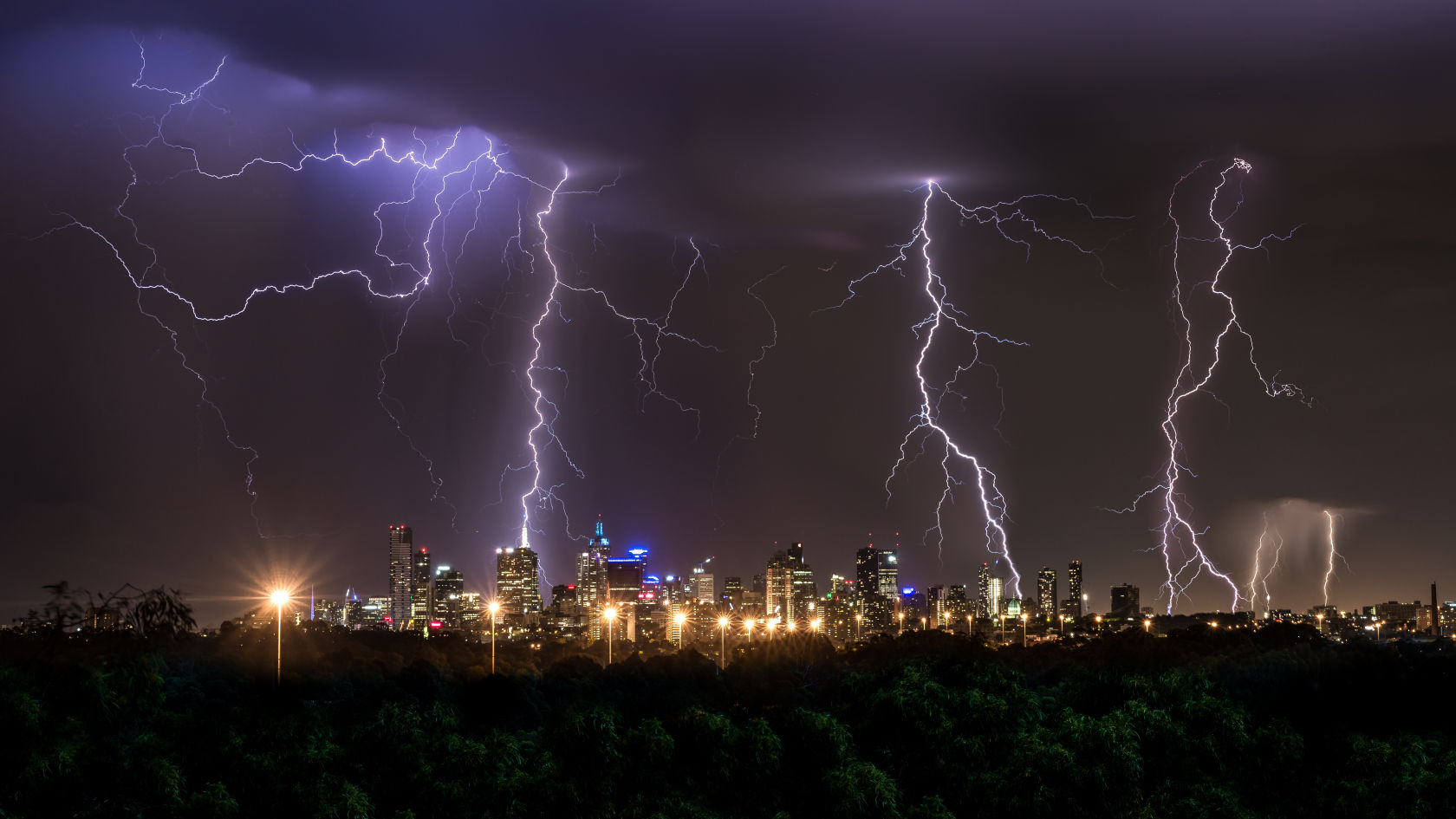Top 10 VIC storm damage hotspots revealed
Melbourne’s south-east was the worst-affected suburb across the State last year for storm-related claims, according to new data from AAMI.
Share

Berwick, in Melbourne’s south-east has consistently remained in the top 5 over the past three years, moving up from third place in 2017 and 2018 to claim the number one spot in 2019.
Four of the top 10 worst hit suburbs in Victoria last year are in Melbourne’s south-east. These include; Berwick in the top spot, followed by Richmond (second), Rowville (fourth), and Glen Iris (10th). The leafy suburbs of Camberwell and Kew in Melbourne’s east also make the list.
Rowville was the State’s storm damage hotspot for storm-related claims in the previous year but has now dropped to fourth place. Analysis of almost 10,000 storm-related insurance claims across Victoria from 1 July 2018 to 30 June 2019 revealed the state’s top 10 hotspots to be:
2019 Rank | Suburb |
| 1. | Berwick |
| 2. | Richmond |
| 3. | Werribee |
| 4. | Rowville |
| 5. | Fawkner |
| 6. | Camberwell |
| 7. | Point Cook |
| 8. | Kew |
| 9. | Reservoir & Chirnside Park |
| 10. | Glen Iris |
AAMI spokesperson Angela Wilkinson said: “Although our claims data showed some areas consistently copped a battering when it came to storms, the very nature of these types of weather events are unpredictable and can happen anywhere.
"Our message to all Victorians is to take the time now to prepare their homes ahead of storm season. Thunderstorms, hailstorms and accompanying high winds and lightning don’t need to be severe or last long to cause serious damage."
VIC SES Chief Officer, Operations, Tim Wiebusch, said: “This data speaks volumes at the level of destruction that severe weather can cause. With the warmer weather, we often see these types of weather events continue long after the colder seasons. “This is why it’s important to stay informed about your local situation. The best way to be ready for storms, is to prepare your home. You can do this by cleaning out your gutters, locking down any loose items around your home and parking your vehicles undercover away from trees.”
Ms Wilkinson added: “Ensure you keep up general maintenance around the home, check the condition of your roof and replace any damaged or missing tiles because if you do need to make a claim for storm damage, insurance won’t cover you for any pre-existing damage.”
“Often, intense rainfall during severe weather events leads to flash flooding, damaging or washing away roads and bridges, along with floodwaters containing sewage and debris. Remember, it can take just 15 cm of water to cause a small car to lose traction. The decision to drive through flash floodwaters could be the last decision you make.” Mr Wiebusch warned.



